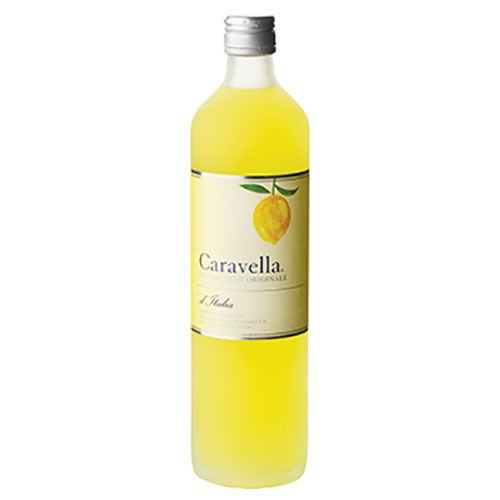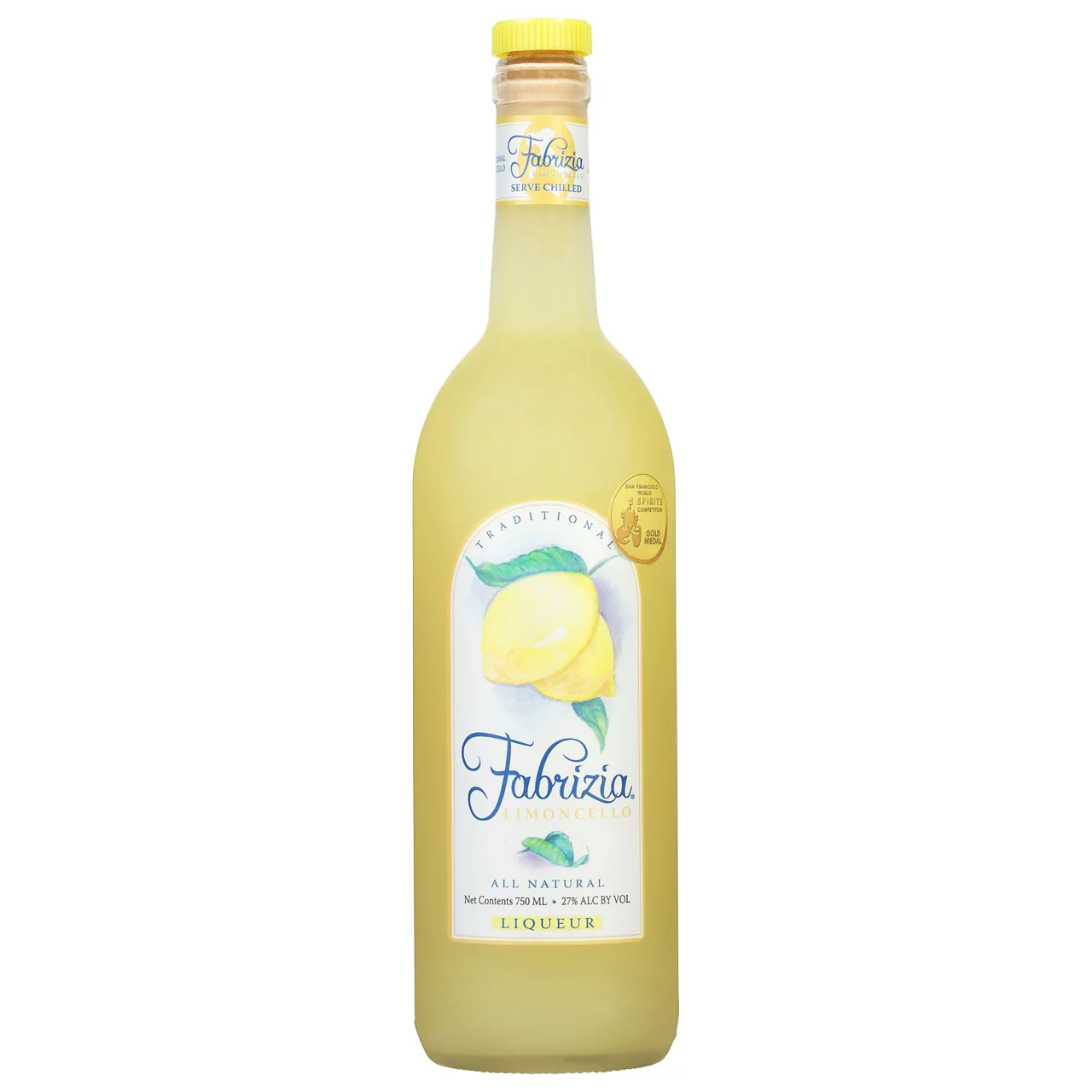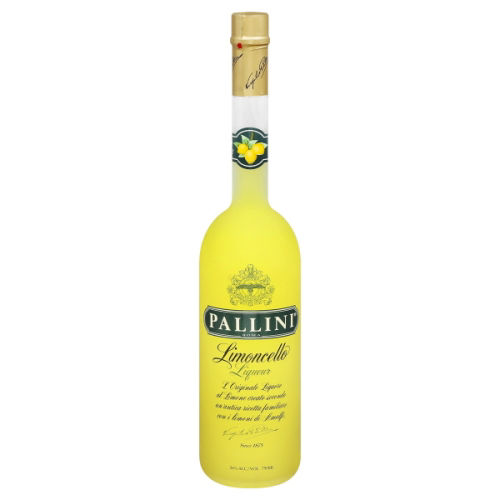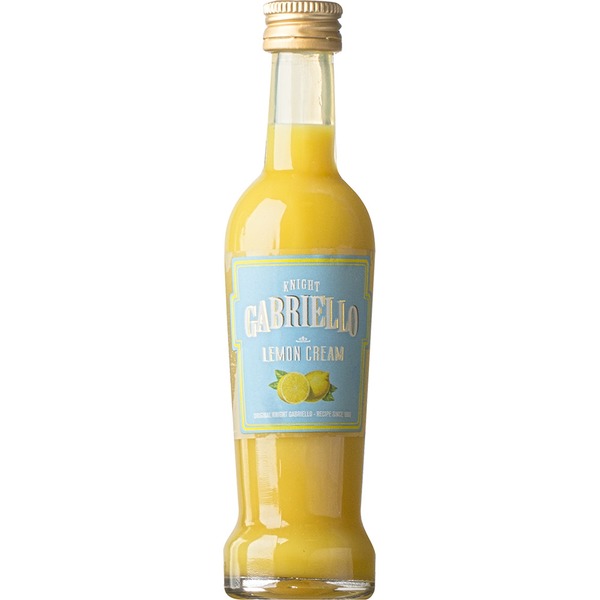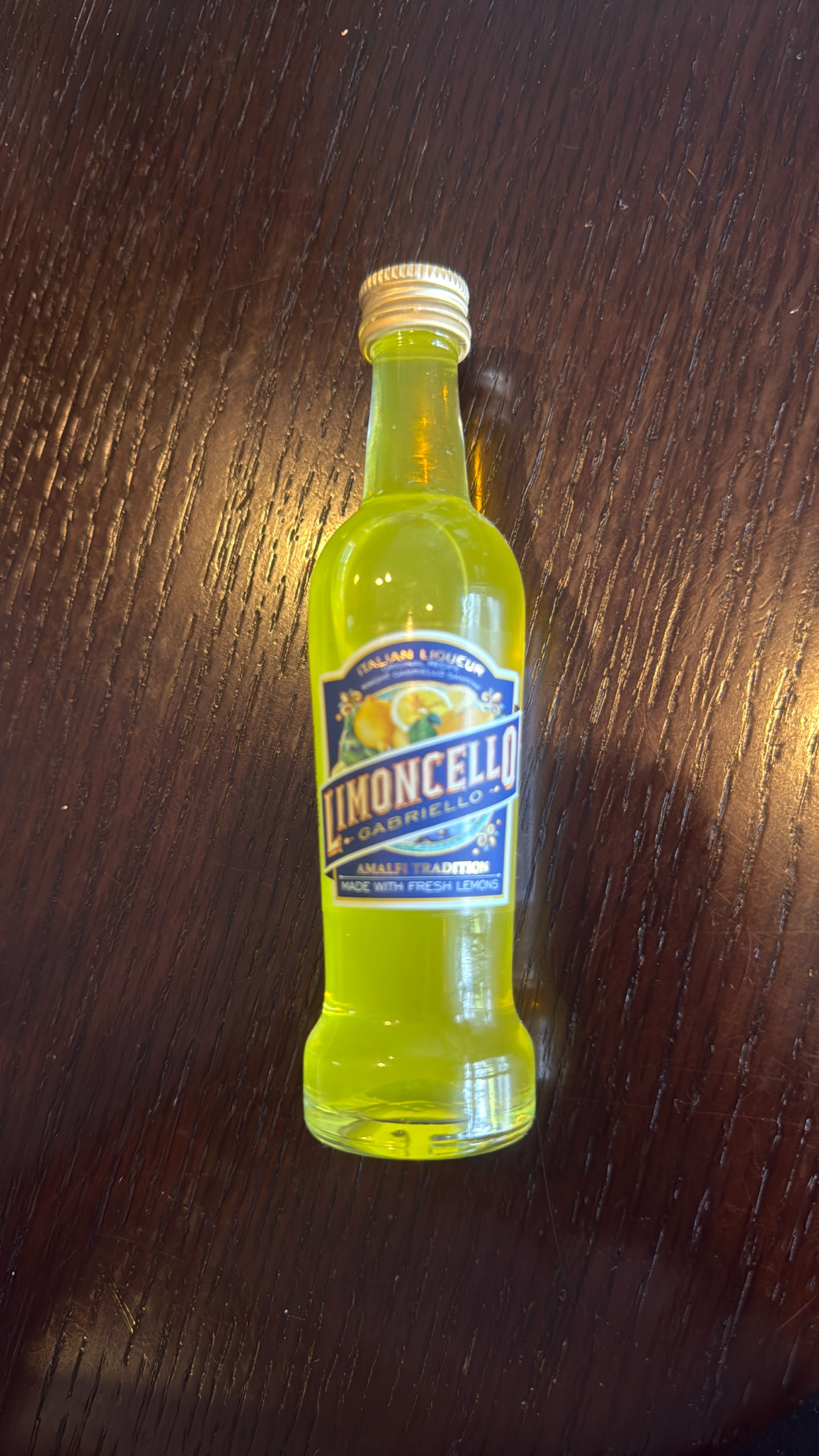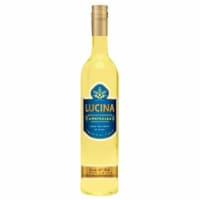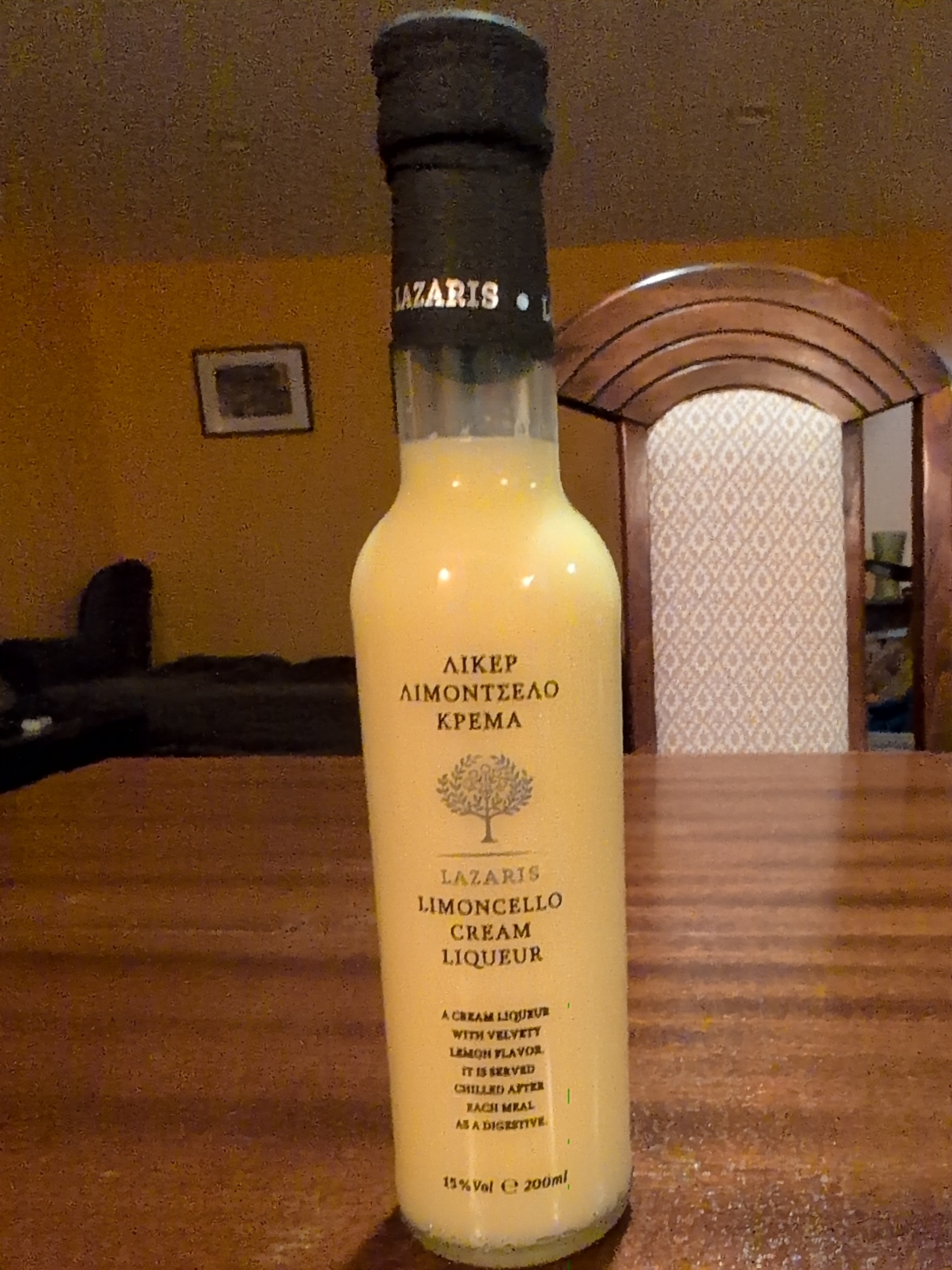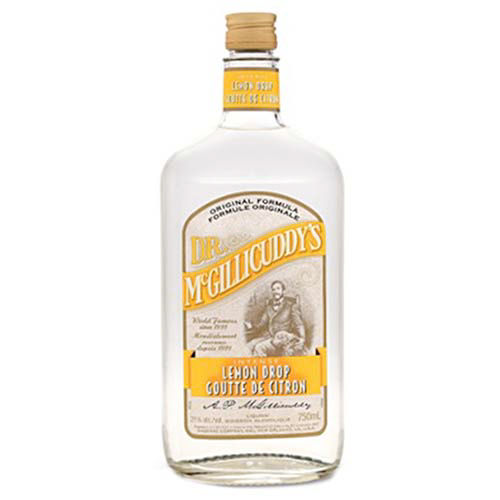COCKTAILS
Lemon Liqueur
99 Lemon Liqueur Products
Lemon Liqueur Is Frequently Used With
Lemon Liqueur FAQ
Limoncello, with its intoxicating lemony sweet-tart flavor and beautiful golden hue, is a delightful ingredient that can add a unique touch to many recipes. Widely popular in Italy and around the world, it invites an array of questions due to its special characteristics and versatile use. Missteps often happen with the quality of lemons used - remember, for a superior limoncello, it's always best to use organic lemons with thick, bright skin. People also tend to rush the steeping process, which is integral to acquiring the rich, full flavor of the lemons. To truly liberate the limoncello's potential, be patient with the infusion process and don’t forget to chill the limoncello before serving, since this helps to enhance its refreshing qualities. A lesser known tip is to use the leftover lemons after zesting for making lemonade or lemon cake - a simple yet effective way to minimize waste and maximize usage.
Do I use just the yellow part of the lemon zest, or should I use the white pith as well?
I have a homemade limoncello. Do I have to keep it in the refrigerator?
The recipe said to steep the lemon zest in the alcohol for weeks. Can I speed up this process?
Can I use different types of citrus for making limoncello?
Can I use the leftover lemons after zesting in cooking?
Why should I use organic lemons for my homemade limoncello?
Can I use store-bought limoncello in my cooking?
I can't find grain alcohol for my homemade limoncello. Will vodka work?
My homemade limoncello doesn't taste as good as the one I tried in Italy, why?
Is limoncello only used as a digestif?
Expiration & Storage Tips
When does limoncello expire?
Unopened limoncello stored in a cool, dark environment can last up to a year without any noticeable change in taste or quality. Even after this, it won't become unsafe to consume, but may slightly lose its brightness and depth of flavor. Once opened, limoncello should ideally be consumed within six months for the best taste, but it will still remain safe to drink indefinitely. It should be noted that limoncello should always be served chilled, so it's best to store it in the freezer or refrigerator once opened. Homemade limoncello also has a long shelf life, easily lasting several months to a year if properly prepared and stored. As for frozen limoncello, while it typically will not freeze solid due to its alcohol content, it can still last for several years without losing its taste.
How do you tell if limoncello is bad?
Limoncello is a high-proof liqueur and typically lasts for a very long time without spoiling. However, changes in the taste, color, or smell of the liqueur could indicate that it has deteriorated. If your limoncello tastes overly sour, less sweet or has a harsher alcohol taste, it might have aged significantly. Changes in color from bright yellow to dull or brownish yellow might also indicate degradation. A strong, funky smell different from its usual fragrant, lemony aroma is likewise a sign that the limoncello has gone off. Lastly, if there are particles floating in the liqueur or it appears cloudy, it is better to dispose of it.
Tips for storing limoncello to extend shelf life
• Always keep your unopened limoncello in a cool, dark place where it will not be exposed to heat or sunlight.
• Once opened, make sure to store your limoncello in a refrigerator or freezer. A lower temperature will help maintain its flavor and quality for a longer period.
• When serving limoncello, use a clean utensil or pour directly from the bottle to prevent contamination.
• If you make your own limoncello, use fresh, high-quality ingredients for a better taste and longer shelf life. Cleanliness is also key during the preparation process.
• If using a cork to seal your limoncello, make sure it is kept moist to prevent it from drying out and letting air into the bottle.
EXPIRES WITHIN
17 - 24
MONTHS
Health Info
Macros
Allowed on these diets
LOW FAT
HIGH CALCIUM
VEGETARIAN
VEGAN
LACTOSE FREE
GLUTEN FREE

